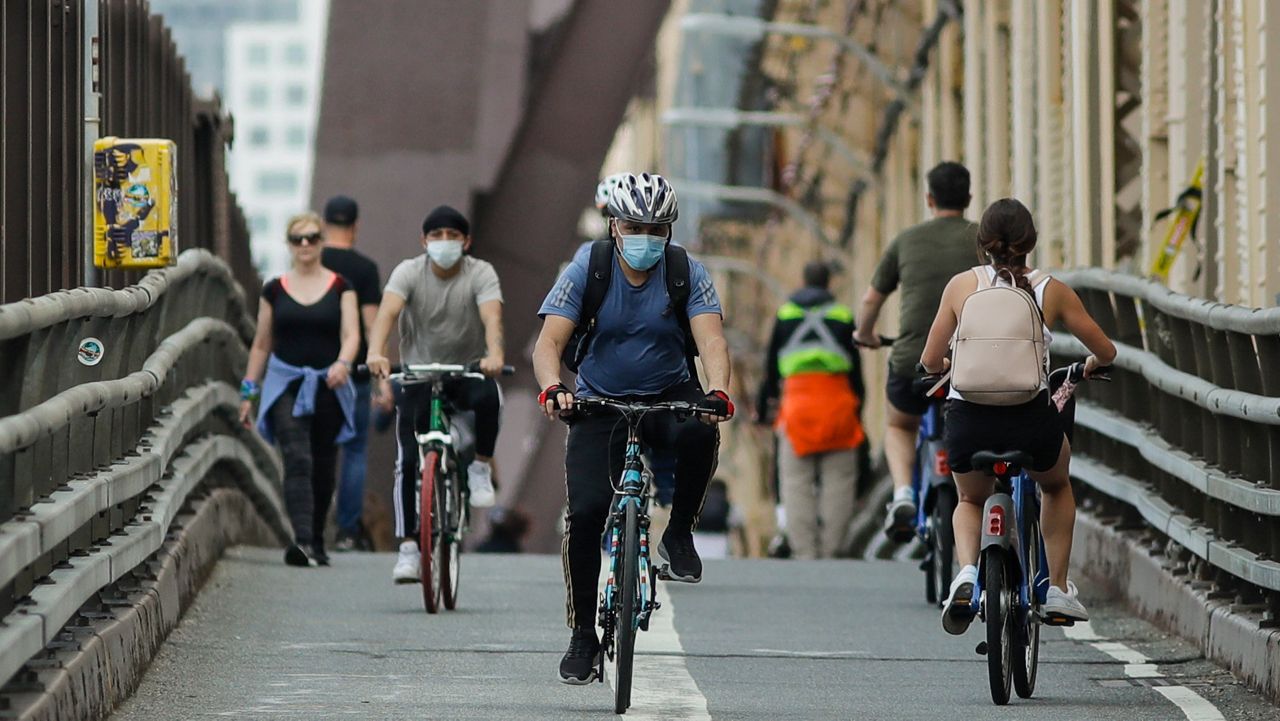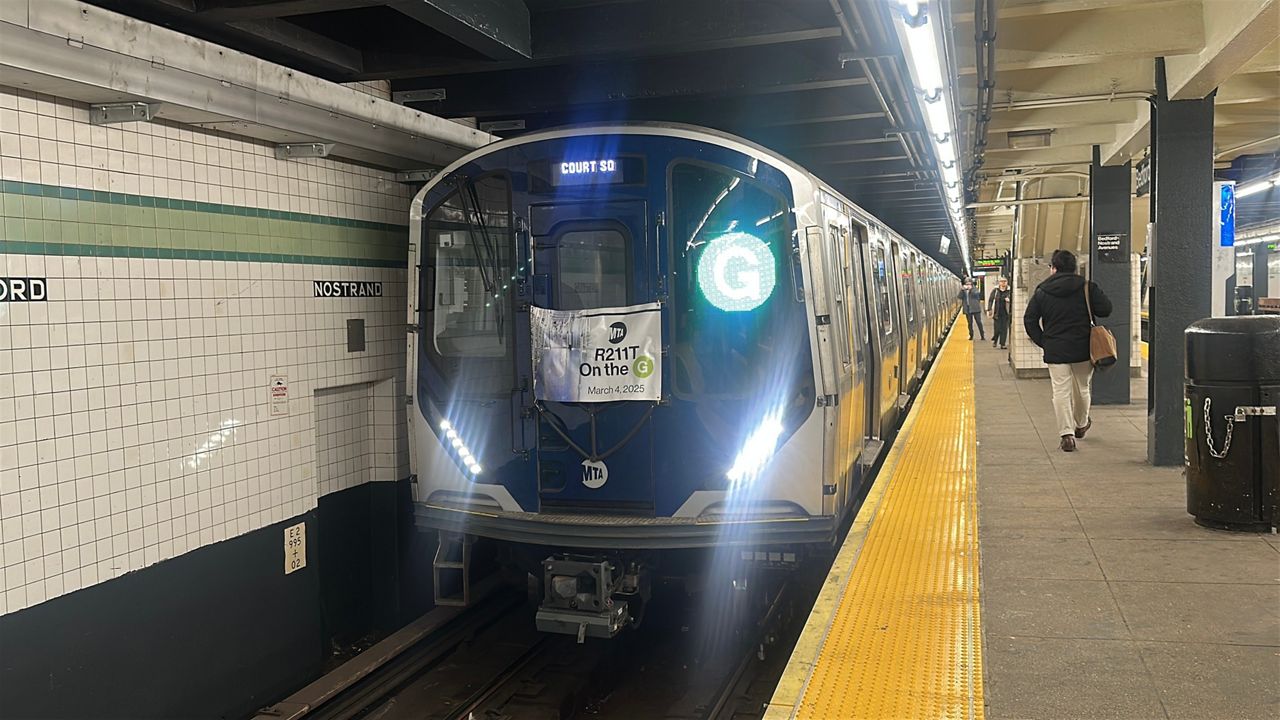Mouhamadou Aliyu has been a yellow cab driver for 15 years. The Bronx resident, a native of the Ivory Coast, said buying a taxi medallion was once his version of the American Dream. But then “the dream started becoming a nightmare.”
Aliyu bought his medallion at a 2004 auction for $331,000. He now owes $700,000 on the loan.
He says since Uber came into the city, he only brings home $54,000 a year. He says his four children, including one with special needs, are why he hasn’t taken his life.
But he says he can empathize with cabbies who have — crippled by financial hardship, a crisis predicted by a report prepared for the city nine years ago.
The report said predatory lending tactics encouraged drivers to take out loans, driving up medallion prices to unsustainable levels, and creating a speculative bubble that would swamp cabbies.
“The city knowingly sold medallions at inflated values to vulnerable immigrants,” City Councilman Ritchie Torres said. “The city owes it to the drivers to bring relief.”
In 2014, medallions sold for upwards of $800,000. Advocates now estimate they’re only worth between $150,000 and $200,000.In 2014, medallions sold for upwards of $800,000. Advocates now estimate they’re only worth between $150,000 and $200,000.
The TLC's Acting Commissioner, William Heinzen, deflected attempts to blame his agency at a City Council meeting on Monday.
“If you’re asking if I feel sorry? If people at TLC feel sorry—yes,” Heinzen said, but when pressed on whether or not he feels “moral culpability,” Heinzen wouldn’t go that far.
“No. I feel very much pain and I feel sorrow for the people who have gone through this,” Heinzen said.
Council members proposed four bills to better regulate the medallion industry. One would create a TLC office to report on its financial health. The package also would mandate more scrutiny of medallion brokers and cab operators.
Last year, the City Council passed a law to put a cap on the number of Uber and other for-hire vehicle licenses. While lawmakers say it’s a good start, there’s much more work to be done to save the failing medallion industry and its cabbies.






_Pkg_NYPD_Cyclist_Crackdown_CG_134196529_4534)


